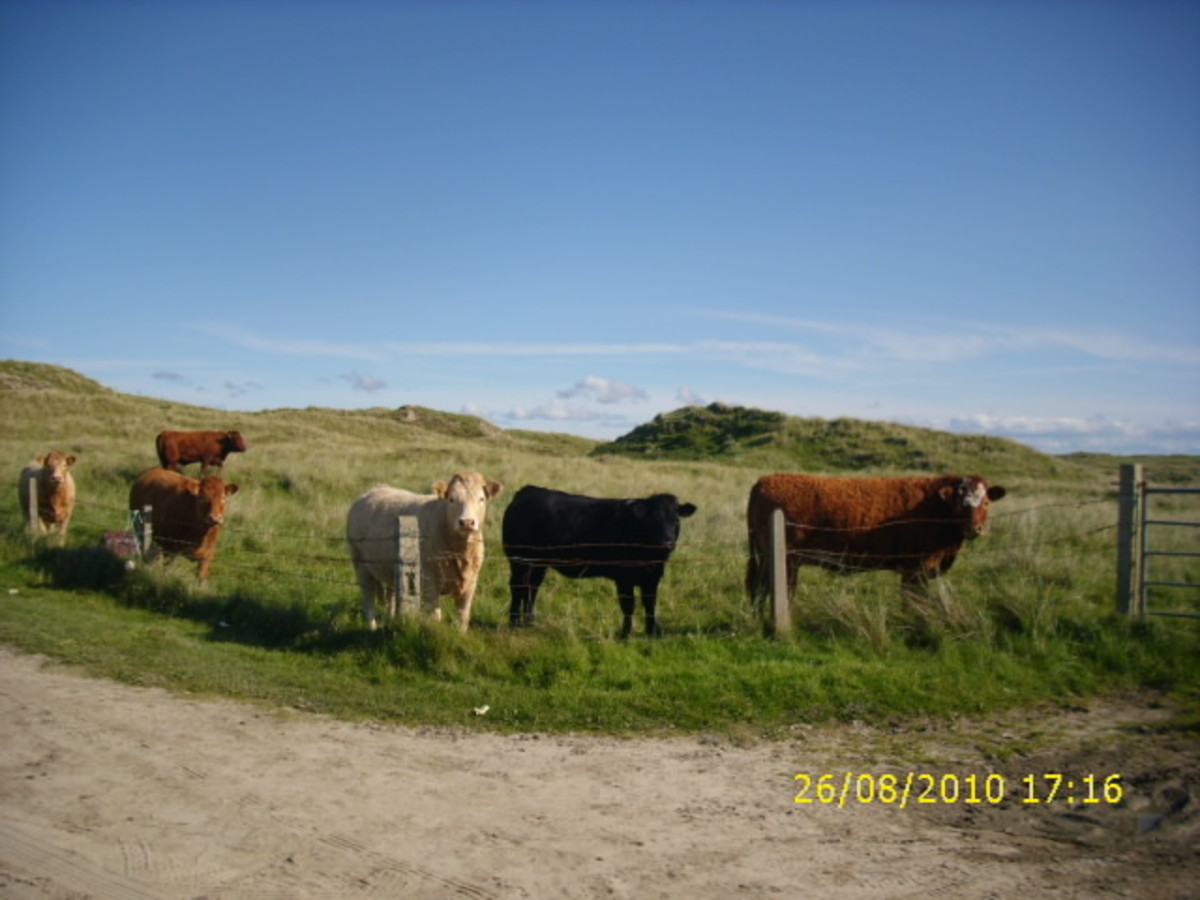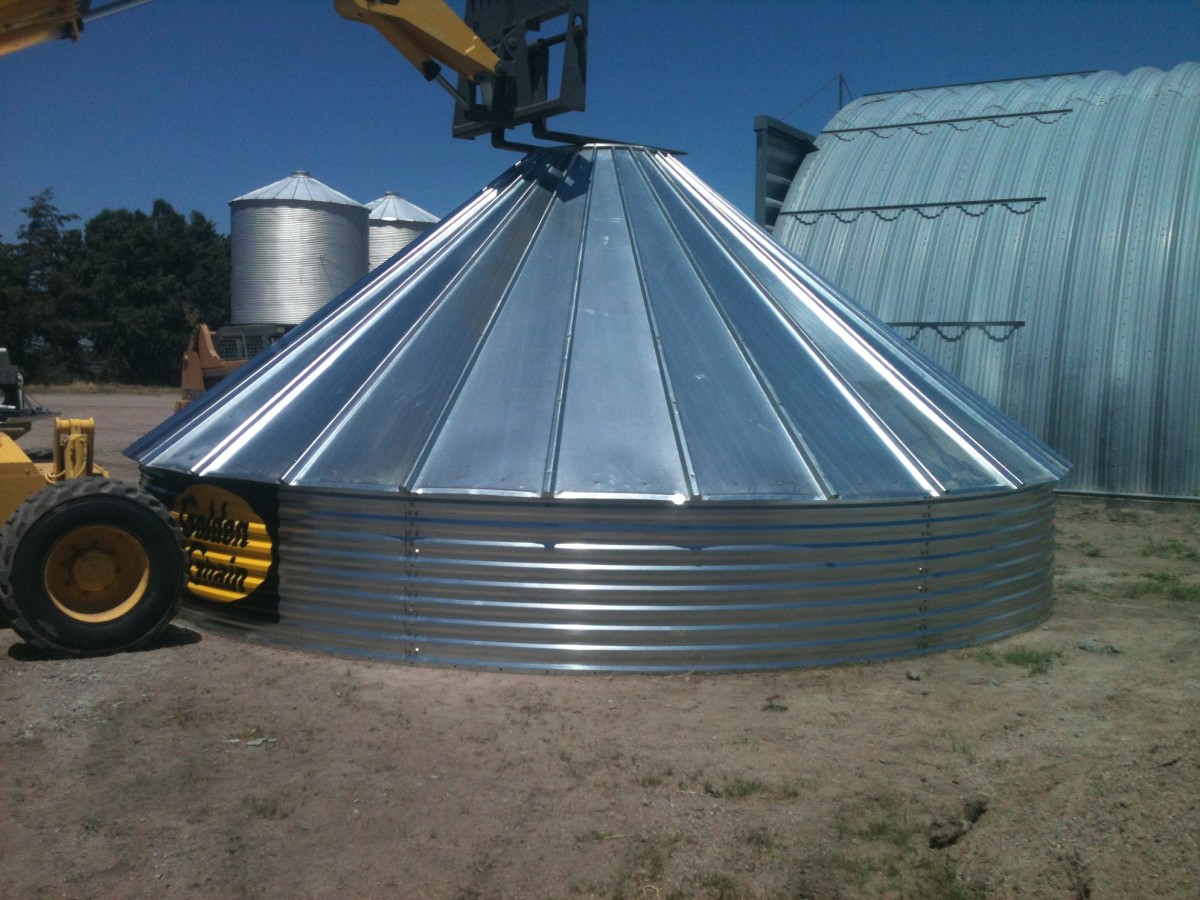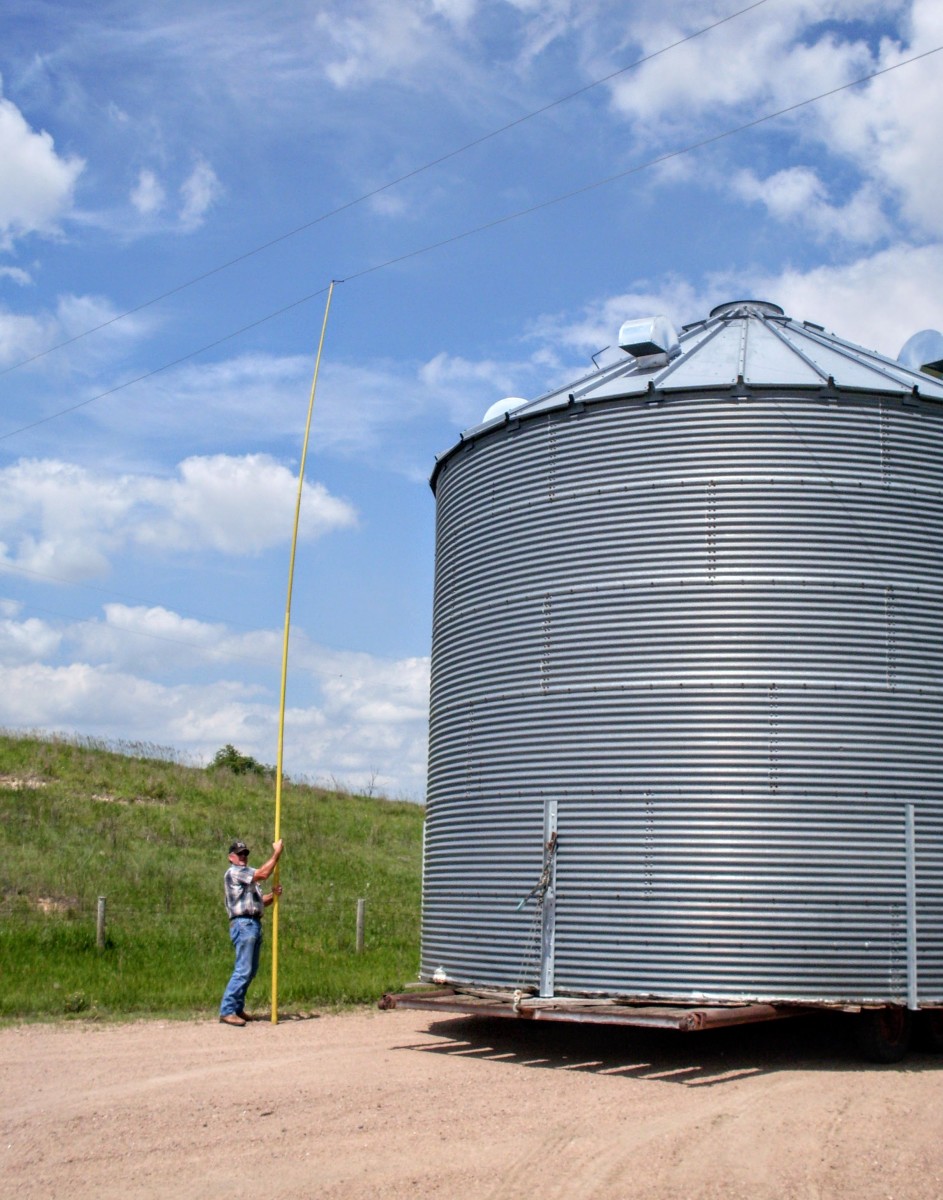Does raising Cattle harm the environment or even (GASP) humans?
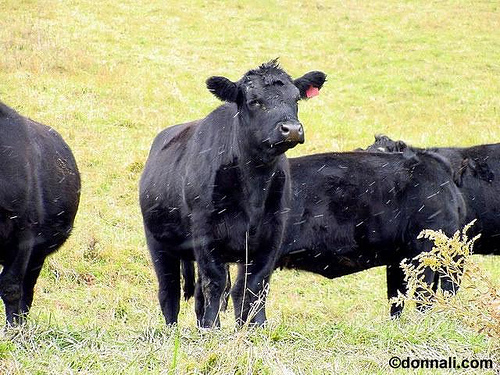
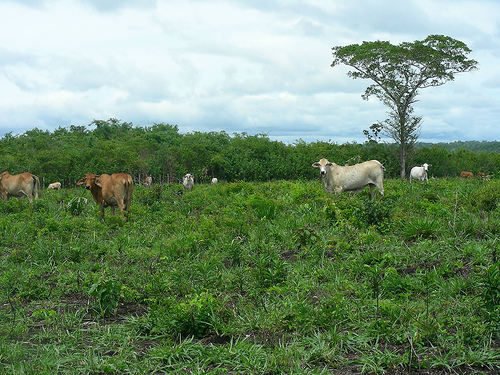
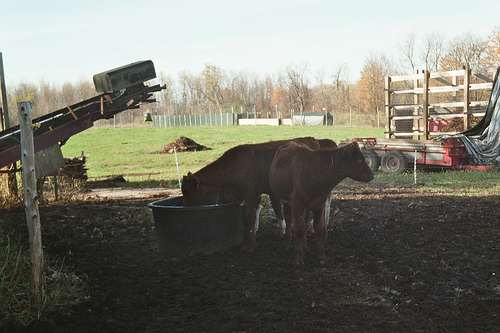
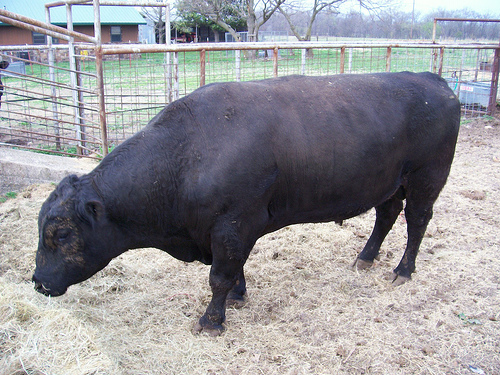
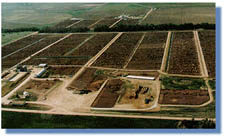
Do people really know the facts?
I decided to review articles on this site, gain some insight, and maybe get ideas. Well, I got an idea. I noticed that people on this site have a MAJOR problem; you need to site your sources. You aren’t doing all this research yourself so you need to give credit to the people who did. So, because of this, I’m going to separate fact from fiction.
America is OVER-REACTING!
While reading the article “Seven Ways to Change the World”, I noticed that the structure of the article is great; everything flows and it’s very informational. However, is the information correct? I’m very open minded so I agree that everyone is entitled to opinion. On the other hand, reading that food with pesticides is harmful to humans and the environment is not necessarily correct. The sources to the article were all promotions for organic food. There are many studies that defend both sides of the argument. Do some research and see for yourself. Why do I make this suggestion? I grew up in a small town in the Midwest and my family made a living by farming. YEP. Didn’t see that one coming did you? So, when I read in this article that, and I quote:
“One hamburger causes 55 square feet of rain forest destruction (for tropically raised beef) and 12 pounds of livestock feces and other pollutants. Worldwide, livestock now produce 130 times as much waste as people do. Livestock waste disposal is often unregulated or unenforced and improper disposal of livestock waste has been linked to many human and environmental health disasters.”
OKAY! Let’s analyze this step by step. FIRST OFF, I understand that tropic beef more than likely exists but according to angus.org, because angus’s have the ability to calve with almost no complications, can easily cross bread with a variety of cattle, and have an amazing coat to protect the meat and skin, angus meat is the market choice. But the truth of the matter is that you cannot find Angus in a tropical environment. They are bread to be big and lean, not to mention, the build of an Angus is very square which would make living in the tropics very difficult; they just wouldn’t survive. So, in all reality, sure, tropical cattle are more than likely shipped to the U.S. for the market, but they aren’t worth anything and aren’t grade choice. Maybe Wal-Mart sells it. However, most restaurants and grocery stores will only sell Angus meat.
SECOND, livestock waste disposal… oh dear. So, we have this machine called a loader and a spreader. The loader is a tractor with a big ol’ bucket in front. We take the loader and scoop up all the, ehem, waste and put it in a spreader. The spreader then grinds up all the, ehem, waste, and proceeds to spread it as a fertilizer before we plant. You like organic foods, honey, well, this is as organic as it gets. As for being harmful to humans, according to the Lincoln journal star:
“The Environmental Protection Agency does not even list livestock as a concern in the United States with regard to carbon dioxide emissions. That EPA report also shows that, by far, the largest emitter of methane gas is solid waste landfills, which account for 24 percent of all methane emissions.” Personal note: maybe we should worry about how well we manage our waste before we start chewing the cattle out, if cattle produce 130 times as much waste as we do but our waste outshadows theirs, well, that’s a problem… let’s continue… “ The National Cattlemen’s Beef Association [says] that Environmental Protection Agency data show the entire U.S. agricultural sector contributed only 6.4 percent of total U.S. greenhouse gas emissions, with all livestock contributing only 2 percent.”
I’m sure there are no health disasters. What’s your source of information?
The point I’m making today is that if you would like to express your opinion on subjects like this, that’s great but don’t create an informational article without all the information. It’s one sided, and you’re portraying your opinion as fact. That’s not correct and it gives people a false insight. Happy hubbing!



